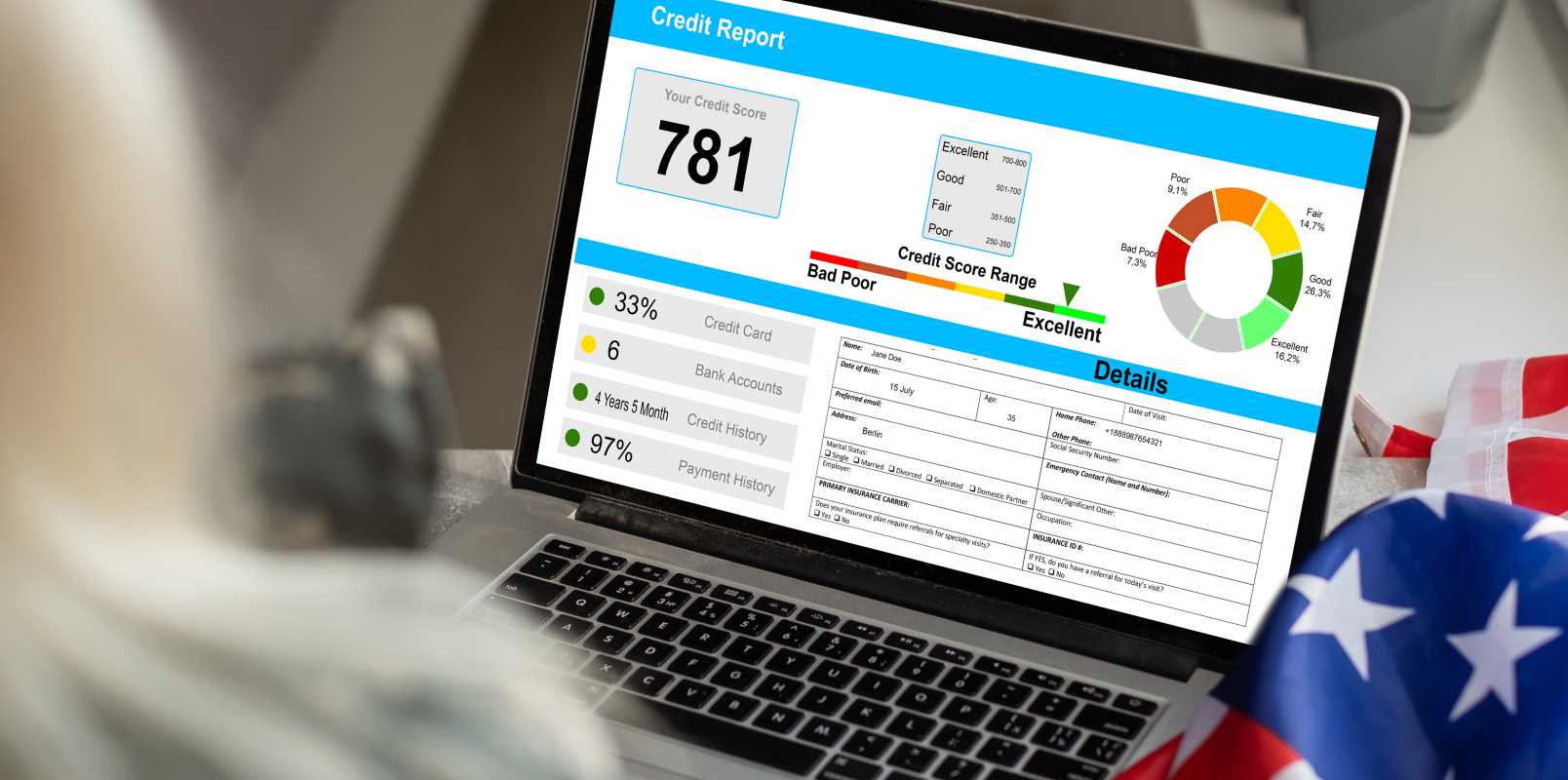Striving for financial independence stands as a transformative goal that has the potential to reshape both your professional trajectory and personal life. For driven young professionals working in rapidly evolving industries, reaching this significant milestone provides more than just a safety net; it unlocks the door to making decisions that truly reflect your deepest ambitions. Whether you're at the beginning of your financial journey or seeking ways to fine-tune your approach, these nine insightful tips are designed to guide you effectively toward achieving your financial goals and realizing the freedom you seek.
Set Clear Financial Goals
Having clear financial goals provides you with a roadmap to follow and helps maintain focus on what truly matters. Start by categorizing your objectives into short-term, medium-term, and long-term goals.
- Short-term: These are goals you aim to achieve within the next year, such as building an emergency fund or paying off a small debt.
- Medium-term: Goals like saving for a down payment on a house or investing in further education belong to this category, typically spanning one to five years.
- Long-term: Retirement savings and achieving complete financial independence serve as examples of long-term goals that require consistent effort over decades.
By defining your goals clearly, you can create a structured plan to reach each one, ensuring steady progress without feeling overwhelmed.
Create a Budget and Stick to It
Budgeting serves as the cornerstone of financial management. It allows you to track your income and expenses, ensuring that you live within your means and save for the future.
- Calculate Your Income: Start by determining your total monthly income from all sources.
- List Your Expenses: Categorize your spending into essentials like rent and groceries, and non-essentials like entertainment.
- Set Spending Limits: Allocate specific amounts to each category based on your financial goals.
- Monitor and Adjust: Regularly review your budget to ensure you stay on track and make adjustments as needed.
Sticking to a budget requires discipline, but the rewards include reduced financial stress and increased savings.
Invest in Your Career Growth
Your career drives your financial success. Investing time and resources into your professional development can lead to higher earnings and better opportunities.
- Continuous Learning: Pursue certifications, attend workshops, and take courses relevant to your field.
- Networking: Build strong professional relationships through networking events and online platforms like LinkedIn.
- Seek Mentorship: Find mentors who provide guidance, share experiences, and help navigate your career path.
These investments enhance your skills and increase your market value, enabling you to command higher salaries and achieve your financial goals faster.
Build an Emergency Fund
Life proves unpredictable, and having an emergency fund cushions you against unexpected expenses like medical bills or job loss.
- Start Small: Aim to save at least three to six months’ worth of living expenses.
- Automate Savings: Set up automatic transfers to your savings account to ensure consistent contributions.
- Keep It Accessible: Store your emergency fund in a high-yield savings account where it remains easily accessible yet separate from your regular checking account.
An emergency fund provides peace of mind and prevents you from accumulating debt when unforeseen financial challenges arise.
Start Investing Early
The earlier you start investing, the more time your money has to grow through the benefits of compound interest.
- Stock Market: Invest in individual stocks or mutual funds to benefit from market growth over time.
- Retirement Accounts: Contribute to retirement accounts like a 401(k) or IRA to take advantage of tax benefits and employer matches.
- Real Estate: Consider investing in real estate properties for long-term appreciation and rental income.
By diversifying your investments, you can build a robust portfolio that supports your financial independence goals.
Minimize Debt and Manage Credit Wisely
Debt serves as a significant barrier to financial independence. Managing it effectively is crucial for maintaining a healthy financial life.
- Pay Off High-Interest Debt: Focus on eliminating debts with the highest interest rates first, such as credit card balances.
- Use Credit Responsibly: Only borrow what you can repay and avoid using credit for non-essential expenses.
- Monitor Your Credit Score: Regularly check your credit report and address any inaccuracies to maintain a good credit rating.
Good credit reduces borrowing costs and opens up more financial opportunities in the future.
Automate Your Savings and Investments
Automating your financial processes ensures consistency and reduces the temptation to spend what you should save or invest.
- Direct Deposits: Set up your paycheck to automatically deposit a portion into your savings and investment accounts.
- Recurring Investments: Schedule automatic investments into your retirement accounts or brokerage accounts each month.
- Bill Payments: Automate your bill payments to avoid late fees and maintain a good credit score.
Automation helps build wealth steadily without manual transfers, thus supporting your financial independence journey effortlessly.
Live Below Your Means
Spending less than you earn remains fundamental to accumulating wealth. It creates a surplus that can direct toward savings and investments.
- Prioritize Needs Over Wants: Focus on essential expenses and limit discretionary spending.
- Adopt a Frugal Lifestyle: Look for cost-effective alternatives in your daily life, such as cooking at home or using public transportation.
- Track Your Spending: Regularly review your expenses to identify areas where you can cut back.
Living below your means requires discipline but leads to greater financial security and the ability to invest more toward your goals.
Take Advantage of Employer Benefits
Maximizing your employer-provided benefits can significantly enhance your financial position without additional cost.
- Retirement Plans: Contribute enough to your 401(k) to receive the full employer match, effectively doubling your investment.
- Health Savings Accounts (HSAs): Utilize HSAs to save for medical expenses with pre-tax dollars.
- Employee Stock Purchase Plans (ESPPs): Participate in ESPPs to buy company stock at a discounted rate.
These benefits offer valuable financial advantages that can accelerate your path to financial independence.
Stay Informed and Adapt
The financial landscape constantly evolves, and staying informed allows you to make better decisions and adjust your plans as needed.
- Continuous Education: Keep learning about personal finance, investment practices, and economic trends through books, podcasts, and reputable online resources.
- Regular Reviews: Periodically assess your financial plan to ensure it aligns with your current goals and circumstances.
- Seek Professional Advice: Consult with financial advisors to gain expert insights tailored to your individual needs.
By staying informed, you can navigate financial challenges and seize opportunities that arise, keeping your journey toward financial independence on track.
Implementing these nine tips can help young professionals achieve financial independence through clear goals and disciplined budgeting.







